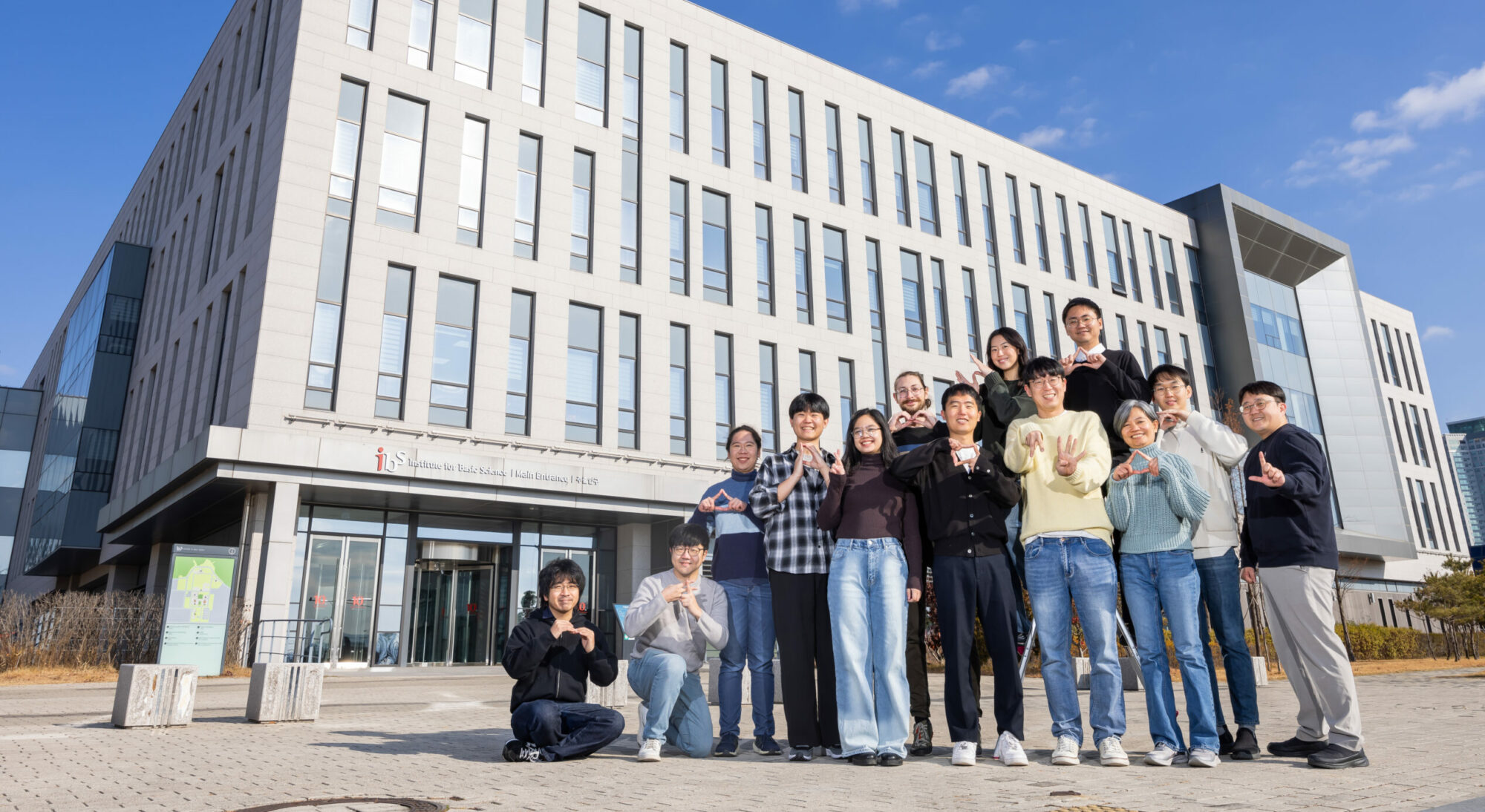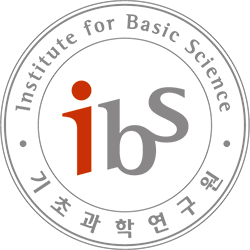
- This event has passed.
Tackling inter-subject variability in smartwatch data using factorization models – Myna Lim
September 26, 2025 @ 10:00 am - 11:30 am KST
Daejeon, Daejeon 34126 Korea, Republic of + Google Map
In this talk, we discuss the paper “Tackling inter-subject variability in smartwatch data using factorization models” by Arman Naseri et. al, Scientific Reports, 2025.
Abstract
Smartwatches enable longitudinal and continuous data acquisition. This has the potential to remotely monitor (changes) of the health of users. However, differences among subjects (inter-subject variability) limit a model to generalize to unseen subjects. This study focused on binary classification tasks using heart rate and step counter from smartwatches, including night/day and inactive/active classification, as well as sleep and SpO2-related (oxygen saturation) tasks. To address inter-subject variability, we explored different transforming and normalization regimes for time series including per-subject and population-based strategies. We propose a modified factorized autoencoder, which separates the data into two latent spaces capturing class-specific and subject-specific information. Our proposed generalized factorized autoencoder and triplet factorized autoencoder improved classification accuracy over the baseline from 74.8 (± 10.5) to 83.1 (± 5.1) and 83.4 (± 5.3), respectively, for night/day classification, gains for inactive/active classification were modest, improving from 84.3 (± 9.4) to 86.9 (± 4.4) and 86.6 (± 4.3), respectively. Our study highlights challenges of handling inter-subject variability in smartwatch data and how factorization models can be used to enable more robust and personalized health monitoring solutions for diverse populations.

